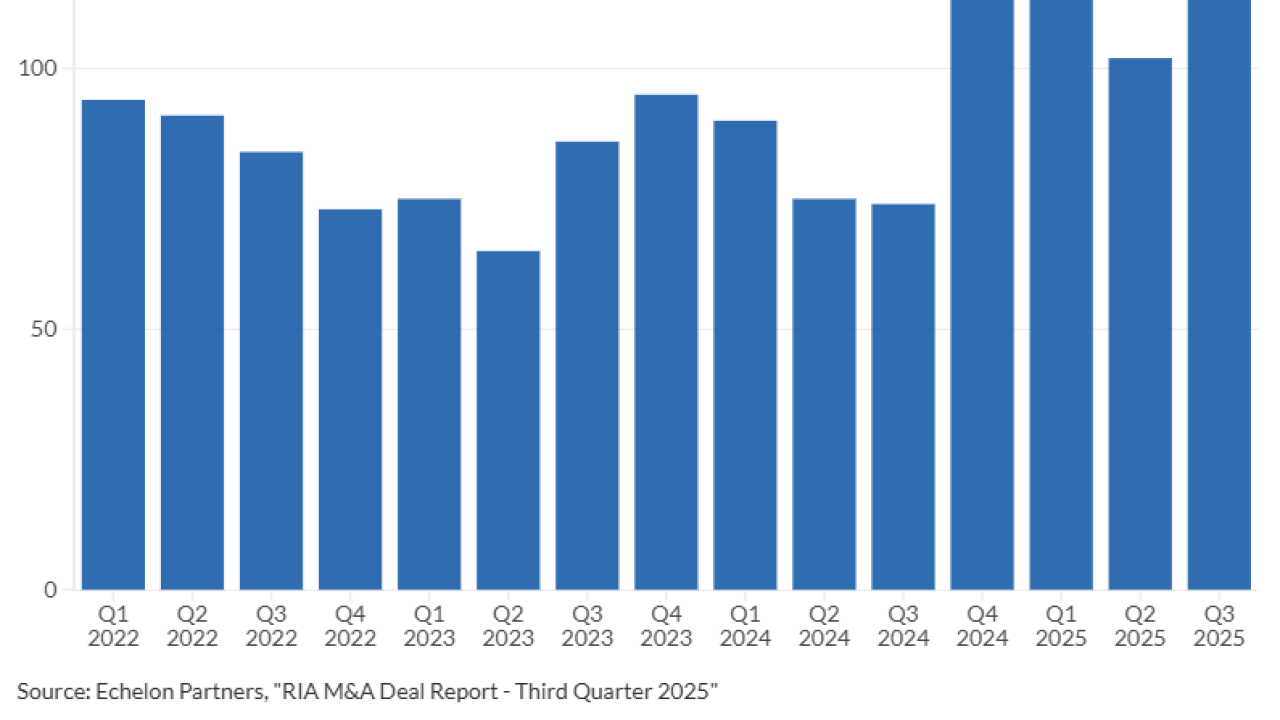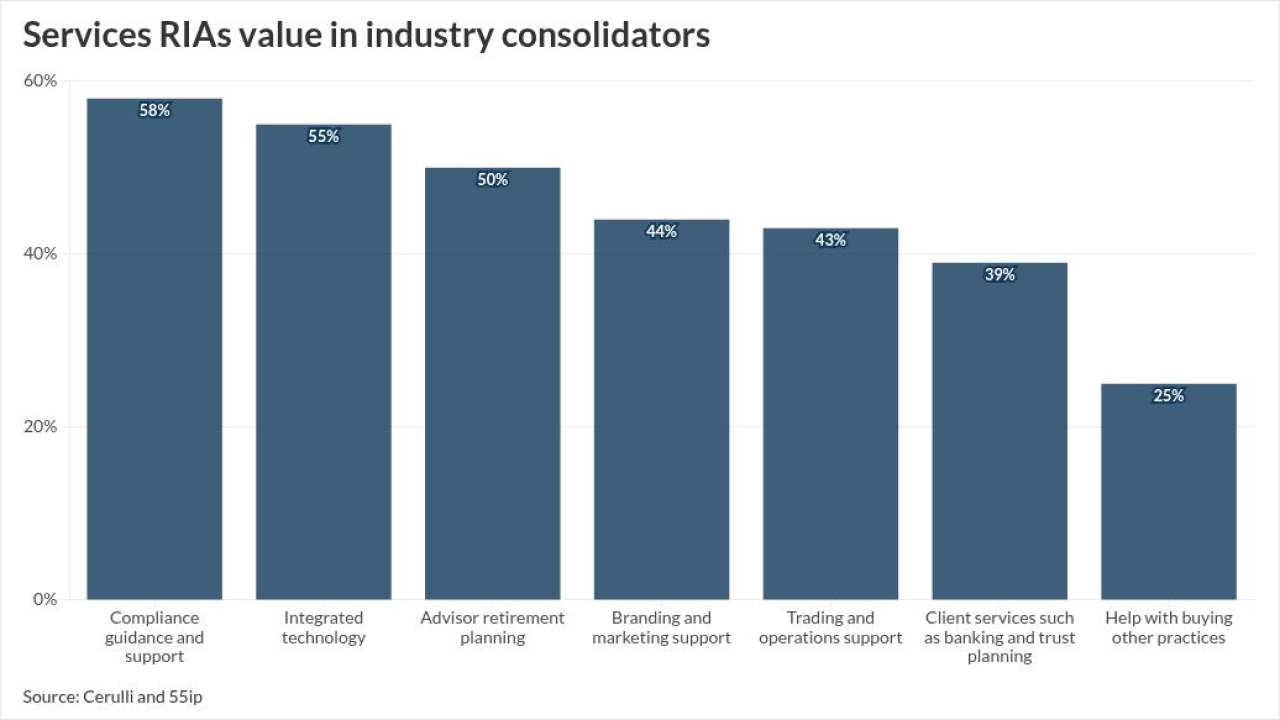The words we use to describe ourselves can give us a wind at our backs, or they can generate a wind in our faces. This especially applies to the financial planning sector, in part because the profession has yet to define itself in the public mind with crystal clarity.
In the minds of many consumers, professional planners are mentally lumped in with the brokerage industry, which nearly brought down capitalism in its pursuit of obscene profits. Meanwhile, the press seems to be as confused as the public about who is and is not working on behalf of clients and consumers.
How can we change this? Let me offer a few linguistic recommendations.
First, we need to say “the profession” instead of “the industry” when we talk about investment advice and financial planning. Yes, I know that there is no formal profession yet (a point I make in my upcoming book, The New Profession), but if we describe people who are giving financial planning and investment advice as professionals, we plant a seed of truth in the public’s mind. Those who work on behalf of clients (rather than as a way to win sales contests or generate the most commissions) are acting as professionals, and we have reached the stage where we should start describing them that way.

“The industry” extends to product manufacturers, Wall Street, the BDs who are members of the Financial Services Institute, insurance carriers and sales agents. Think of the distinction between doctors and drug manufacturers.

We can reserve the terms adviser and financial planner for professionals who are SEC-registered and who give advice only for the benefit of their clients.
While we’re at it, let’s distinguish between “clients” and “customers.” People who are receiving advice from brokers and sales agents are customers. People who receive advice from advisers and financial planners are clients. When customers realize that they’re customers, they might be motivated to upgrade their status and become clients by working with a real professional.
The term “fiduciary” is also used ambiguously in the press and casual conversation among advisers. It is particularly confusing when FINRA executives talk about embracing a fiduciary standard for the brokerage industry or when a SIFMA spokesperson at a TD Ameritrade conference says that the organization has always been in favor of fiduciary regulation.
FROM STRICT TO LOOSY-GOOSY
The question, of course, is, which fiduciary standard? There appears to be a number of them. There’s the very strict ERISA standard adopted by the Department of Labor, which requires advisers to give advice only in the client’s best interests.
There’s the standard the SEC enforces, which I consider to be rather (to use a technical term) loosy-goosy. Under the SEC’s enforcement of a fiduciary standard, non-traded REITs are permitted to stuff large-denomination bills in the shirt pockets of greedy dually registered reps, in the form of 7% to 10% commissions, which apparently convinces them that liquidity, transparency and low costs are not really important features of an investment portfolio.
I, personally, can’t see how those recommendations can square with a fiduciary standard under the Investment Adviser’s Act of 1940, but dually registered reps are making a great living selling those products to their customers.
If professional planners become more precise about what we say and how we say it, we fight back against the industry’s attempts to masquerade as professionals.
And there’s the SIFMA definition of fiduciary, which seems to mean tightening up the sales rules a little bit. When trade reporters write about the fiduciary standard, when advisers invoke the concept, let’s define which one we’re talking about.
GETTING ON BOARD
Meanwhile, I invite my colleagues in the press to join me in being far more particular about language around brokers, advisers and insurance agents. Many reporters in the consumer press, and an alarming number of reporters and writers in the trade press (who definitely should know better), still carelessly refer to Wall Street brokers as advisers, playing into their sly game of posing as professionals giving impartial advice to consumers when they actually have a sales agenda.
Instead, let’s call Wall Street employees what they are: brokers, sales agents or representatives. For example, “Wirehouse A brokers in this or that office are taking 300% of trailing GDC in upfront payments to transfer to Wirehouse B.” Or: “This particular insurance agent was fined for various predatory sales activities with seniors who were suffering from dementia.” Let’s no longer associate these very nonprofessional activities with planning or investment adviser professionals.
We can reserve the terms “adviser” and “financial planner” for professionals who are SEC-registered and who give advice only for the benefit of their clients. Making this distinction clearly and consistently might reduce consumer confusion about who actually works on their behalf versus who are sales agents.
I’d also like reporters and advisers to stop using the term “fee-based,” which actually seems to mean “some commissions, some fees” — and who knows in what proportion? I know some dually registered advisers who do a great job for their clients and are mostly compensated by AUM fees through their broker-dealer. But the distinction between “fee-only” and “sometimes fees, sometimes commissions in undisclosed percentages” is too important for us to permit the industry to obscure it with clever misleading terminology. If the press consistently used “fee-only” and dropped “fee-based” in favor of something more descriptive, like “partial commission,” I suspect more dually registered reps would be motivated to drop their licenses.
BEHIND THE MASQUERADE
My underlying point is that if we can become more precise about what we say and how we say it, we fight back against the industry’s attempts to masquerade as professionals. Real professional advisers can take the lead here, and hopefully the smarter trade journalists and reporters will figure it out if you repeat these distinctions often enough.
The terms adviser, financial planner, fiduciary and fee-based are often used far too casually. If professionals and the press use them more precisely, the public may ultimately notice.
Many consumer reporters might also start getting in the habit of using the more descriptive terms “brokers,” “sales agents,” “customers” and (I’d love to see this one) “bastardized fiduciary standard.” We would notice which ones eschewed the more precise terms and persisted with language favored in the sales universe. That might be helpful to know when it came time to decide whom to grant an interview with.
Would consumers notice this shift to a more precise nomenclature? Not immediately, perhaps.
But this is a long game, and I think eventually the effort might help more people better understand who is, and is not, sitting on their side of the table. At the same time, as brokers, reps and sales agents start being more accurately described in the press and our casual conversations, more of them would be motivated to move toward achieving professional status.
I suspect that this is a more important issue than most people realize. Otherwise, why has the brokerage industry and the independent BD community worked so hard to introduce these obfuscations and confusions into our language in the first place?
Starting today, we can start putting the linguistic winds at our backs — and make them blow in the faces of those who have misled so many for so long.





